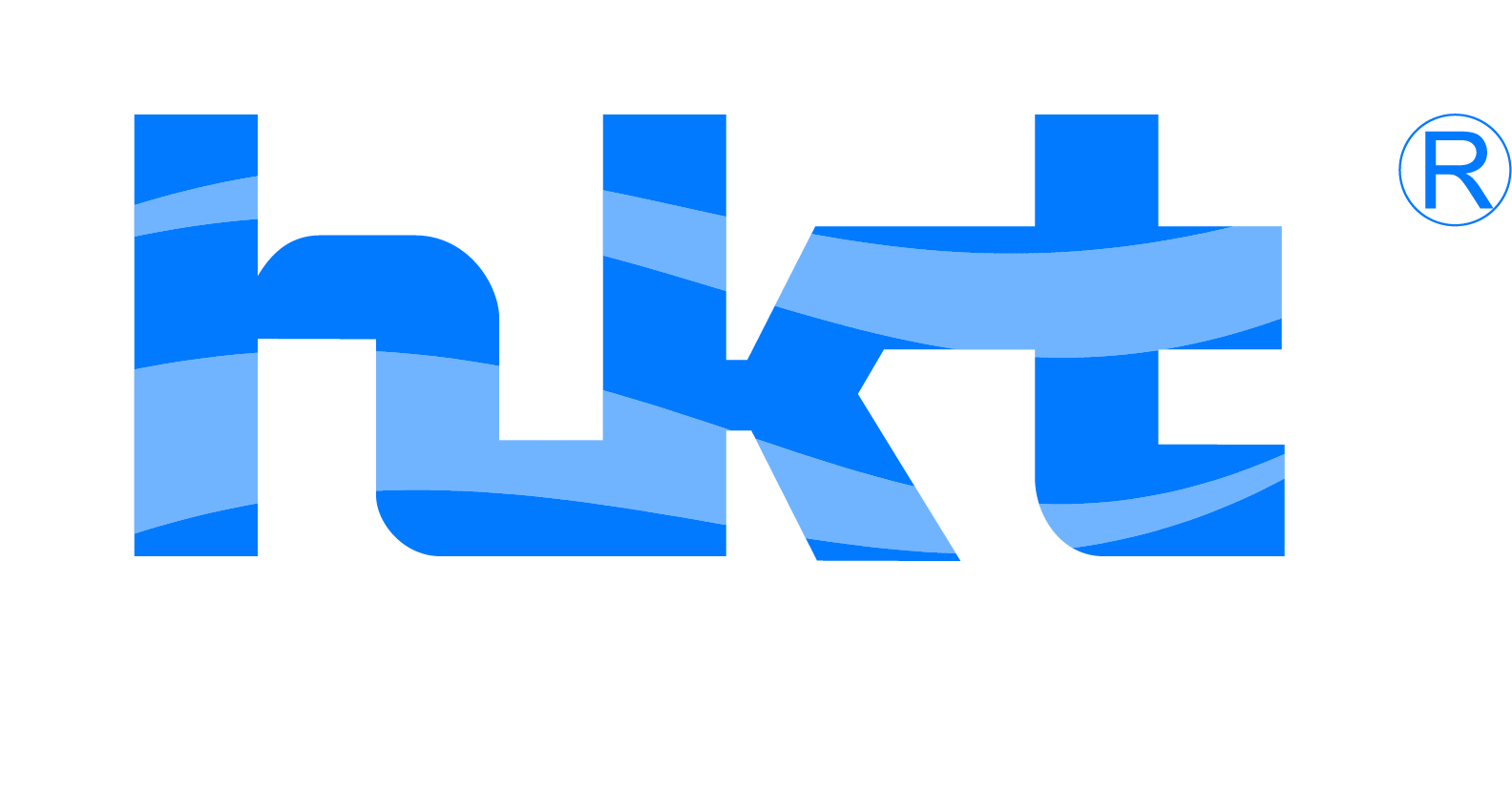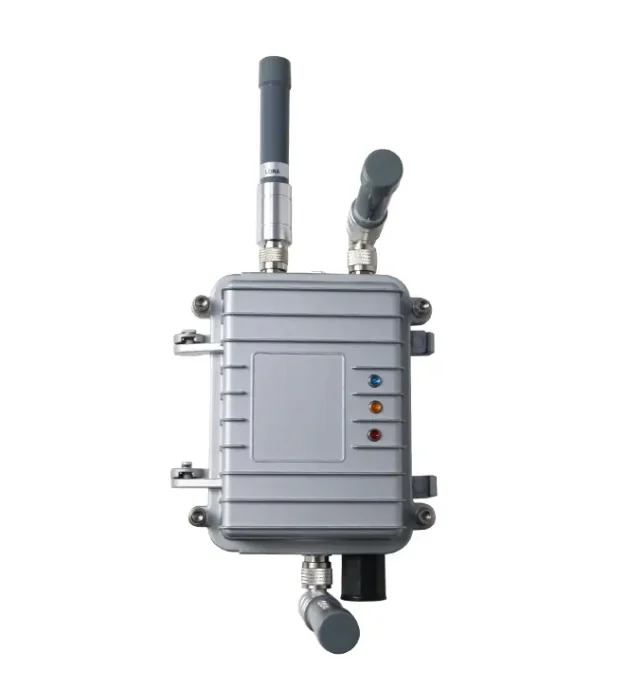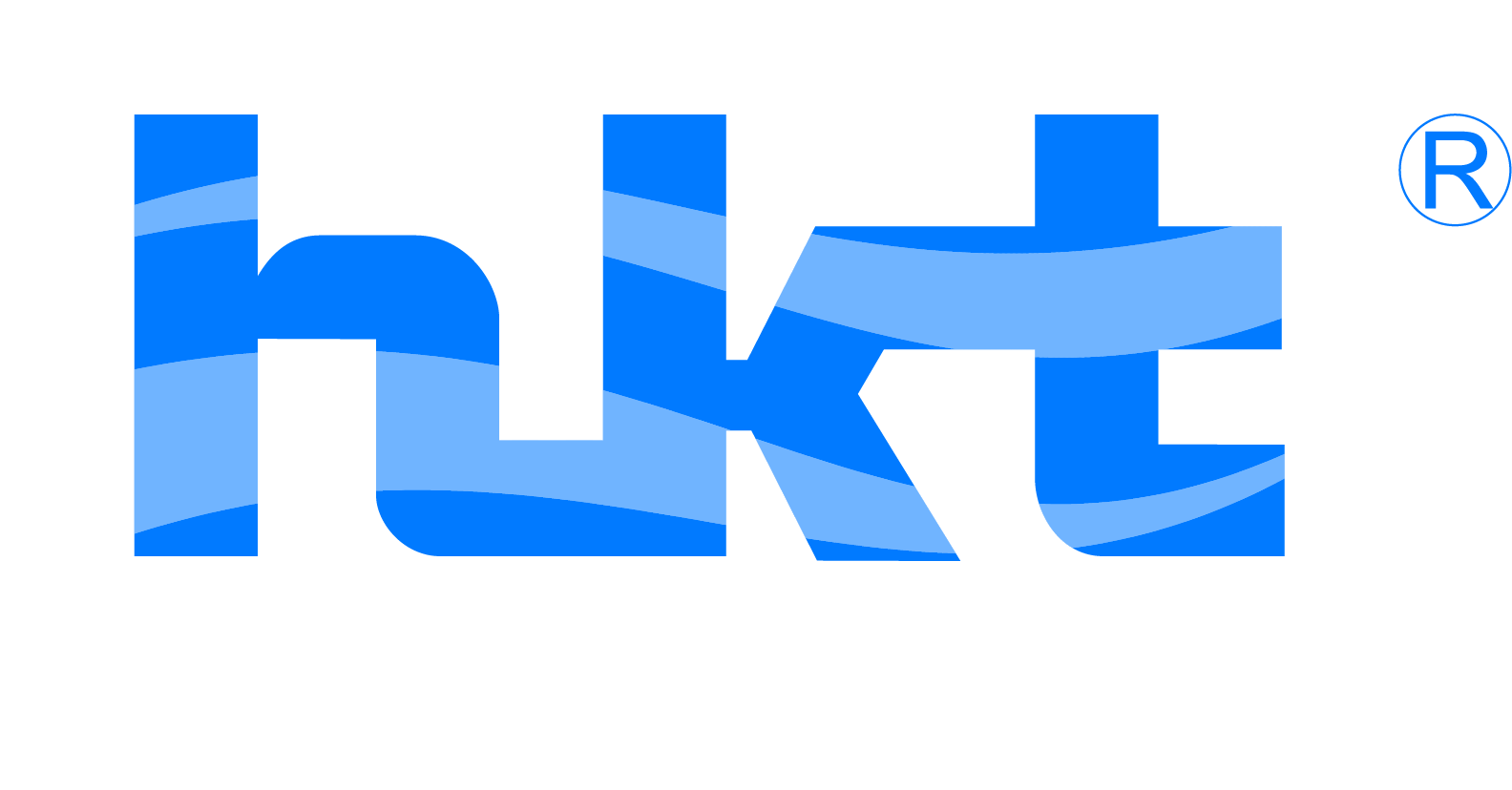With industrial IoT solutions that change operational DNA, HKT LORA equips organizations to thrive in today’s hyper-competitive landscape. What is the impact of IoT devices on business? Lower operational expenses by 30%, 45% fewer equipment failures, and data-driven decision-making on an unprecedented scale are all measurable outcomes generated by these technologies. The key to long-term success and innovation for forward-thinking enterprises is figuring out the effects of IoT devices on operations.
Operational Efficiency: Quantifying Cost and Resource Transformation
What is the impact of IoT devices on businesses for daily operations? HKT LORA’s solutions deliver radical efficiency gains. Our LoRaWAN-enabled sensors automate manual processes like energy monitoring and waste management, reducing truck rolls by 40% and cutting consumption by 25% through real-time anomaly detection. In manufacturing environments, vibration sensors predict machinery failures weeks in advance, slashing unplanned downtime by 50%. This operational overhaul demonstrates what is the impact of IoT devices on businesses: converting fixed costs into scalable efficiencies while redirecting human capital toward innovation.
Data Intelligence: Shifting from Reactive to Predictive Operations
The most profound answer to what is the impact of IoT devices on businesses lies in cognitive transformation. HKT LORA’s sensor networks generate granular, real-time data streams across facilities, equipment, and environments. This enables predictive maintenance models that extend asset lifespan by 30%, dynamic resource allocation through usage pattern analysis, and automated carbon reporting for ESG compliance. Retailers leveraging our occupancy solutions optimize staffing and HVAC costs by 18% through foot traffic analytics.
Revenue Innovation: Monetizing Operational Intelligence
Beyond cost reduction, what is the impact of IoT devices on businesses for growth acceleration? HKT LORA enables data monetization strategies. Smart city clients transform parking availability data into dynamic pricing models, increasing revenue by 22%. Manufacturers utilizing our condition monitoring offer Equipment-as-a-Service with performance-based billing. Facility managers bundle occupancy analytics with premium tenant packages. This evolution from cost center to profit engine fundamentally redefines what is the impact of IoT devices on businesses.
Risk Mitigation: Protecting Assets and Reputation
What is the impact of IoT devices on businesses for enterprise risk management? HKT LORA embeds security at the hardware level. Our ESAM-equipped meters prevent six-figure losses from tampering and data breaches. Environmental sensors detect hazardous leaks before regulatory penalties accrue. Real-time grid monitoring avoids seven-figure outage costs. This proactive safeguards both operational continuity and brand integrity.
The HKT LORA Advantage: Future-Proofing Industrial Transformation
While generic IoT solutions offer fragmented value, HKT LORA’s end-to-end ecosystem maximizes business impact through accelerated deployment cycles achieving city-scale rollouts in 90 days versus legacy 18-month projects, guaranteed 12-month ROI with performance-based contracts, and enterprise scalability managing thousands of devices through a unified dashboard. Our compliance-ready solutions meet ISO 27001 and IEC 62443 standards.
Conclusion
What is the impact of IoT devices on businesses? As validated by HKT LORA’s global deployments: 23% average EBITDA growth, 40% faster innovation cycles, and 35% higher customer retention through service differentiation. In the digital economy, IoT isn’t infrastructure—it’s the core differentiator separating industry leaders from followers.



